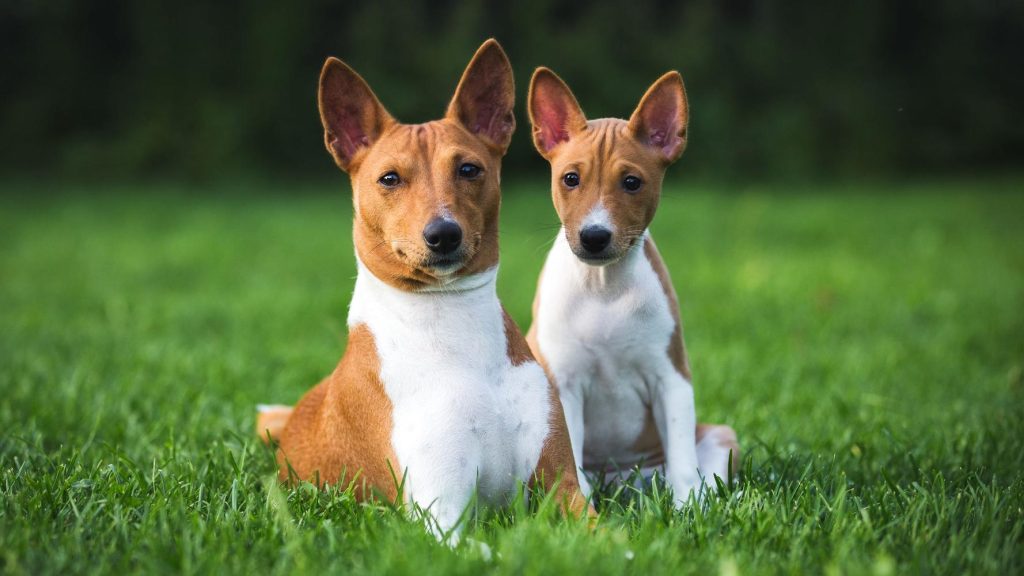Introduction:
When you decide to add a Basenji to your family, finding a reputable breeder is essential. Speaking with a Basenji breeder is an important step in ensuring you find a healthy and well-bred puppy. In this blog post, we will discuss what you can expect when speaking with a Basenji breeder, including the questions to ask, the information you should receive, and the red flags to watch out for.
- Initial Contact:
When you reach out to a Basenji breeder, you can expect a warm and informative conversation. Breeders who are passionate about their dogs will be happy to discuss the breed, their breeding program, and answer any questions you may have. They may ask you some questions as well to determine if you would be a suitable owner for one of their puppies. - Health Testing and Documentation:
A responsible Basenji breeder will prioritize the health of their dogs. They should be able to provide you with documentation of health testing that has been conducted on the parent dogs. Common tests for Basenjis include hip evaluations, eye examinations, and testing for genetic conditions like Fanconi syndrome and progressive retinal atrophy (PRA). The breeder should be transparent about the results and may even offer a health guarantee for their puppies. - Breeding Program and Ethical Practices:
Inquire about the breeder’s breeding program and their goals. A reputable breeder will have a clear vision for their breeding program and should be able to explain the reasoning behind their breeding choices. They should breed for temperament, health, and adherence to the breed standard. Ask about the frequency of their litters and how they socialize their puppies. - Visit to the Breeder’s Facility:
If possible, arrange a visit to the breeder’s facility to see firsthand how the dogs are raised. A responsible breeder will keep their dogs in a clean and well-maintained environment. They should provide ample space for the dogs to exercise and play. Take note of the overall health and behavior of the dogs on-site. - Puppy Placement and Support:
A reputable breeder will be invested in the well-being of their puppies even after they leave their care. They should ask you questions about your living situation, experience with dogs, and your plans for the puppy. They may offer guidance on training, socialization, and provide resources to support you as a new Basenji owner. A breeder who cares about their puppies’ welfare will be available for ongoing support and advice. - Red Flags to Watch Out For:
During your conversation with the breeder, be vigilant for any red flags. These may include breeders who are unwilling to provide health testing information, have multiple litters available at the same time, lack knowledge about the breed, or show signs of being more interested in financial gain than the well-being of the dogs. Trust your instincts and be cautious if something feels off.
Conclusion:
Speaking with a Basenji breeder is an important step in finding a healthy and well-bred puppy. By asking the right questions, ensuring health testing is conducted, and assessing the breeder’s practices and ethics, you can make an informed decision. Remember to choose a breeder who prioritizes the health and well-being of their dogs, as this will set the foundation for a happy and fulfilling life with your Basenji companion.

